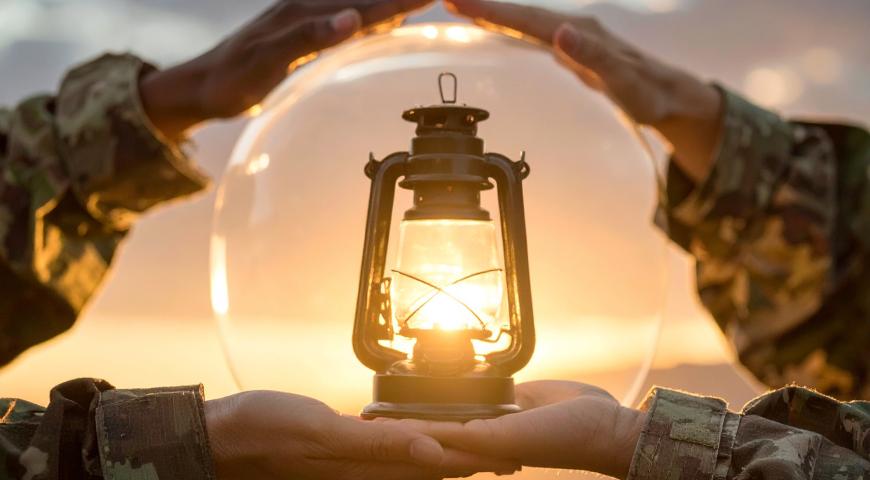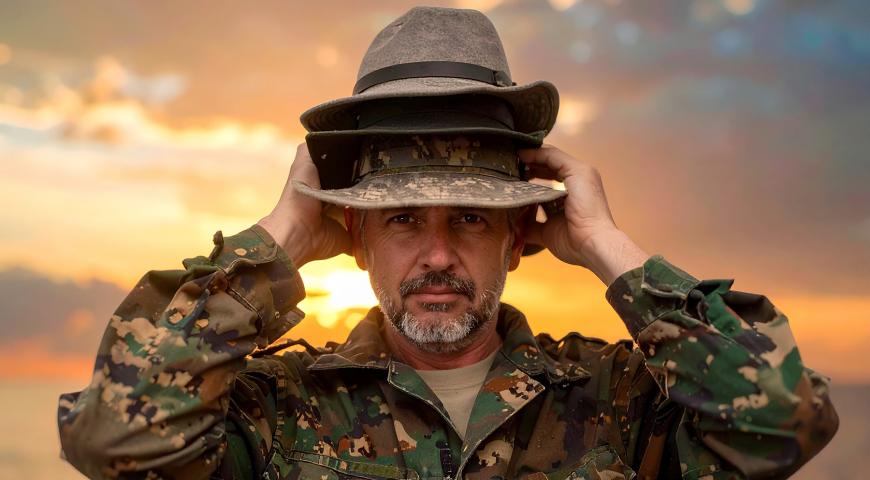Blood, Treasure, and Time.
Mick Cook
The question of why I write has a rather simple answer, especially when it comes to why I write as a member of the military profession. That answer is because I should. Liberal democratic societies need their public servants and institutions to maintain a public discourse about their role in society. An open and honest public dialogue is necessary to inform the voting public. Without such a dialogue, the public cannot understand the issues for which they are voting. And when it comes to war, there is hardly a more important decision for the public to be informed on. However, due to the professionalisation of war, it is becoming increasingly difficult for the public to understand the experience of war. Countries such as Australia are lucky, the majority of our citizens have never experienced war first hand, nor second or third hand for that matter. Therefore military professionals must provide the context for society. This context can be provided through a public discourse that informs society on how their resources of blood, treasure, and time are spent in their name.
I considered myself a writer long before I began writing earnestly as a military professional. Before writing as a military professional, I wrote on a diverse range of topics in many genres and forms. I have won awards for both poetry and fiction, as well as regularly reporting on fight sports. I continue to write on a range of topics, in many genres and forms. However, my writing and the digital content I produce about war and warfare now occupies the majority of my time and, I believe, has greater worth than anything I have previously written. This does not include the doctrine or reports I have written in the course of my duties as a military officer; rather it includes the pieces and productions I have been involved in that seek to contribute to the public discourse on war.
Some of the readers may be aware that I write and produce digital content as my primary medium for communicating about the profession of arms. While I do manage to publish an article or book chapter each year, the majority of my writing is meant to be listened to aloud. In other words, I often find myself writing for listeners, not readers. Preparing this content is sometimes a challenging task, particularly when my guest range for interviews on The Dead Prussian podcast includes both shy and exuberant guests. Therefore I must be disciplined in how I structure my preparations for an interview before recording. I need to formulate questions that will draw out the key topics, but not encourage the guest to begin a tangential disposition on a related topic of lesser value to my audience. To ensure I maintain this discipline when preparing for a show, I always remind myself of why I started writing and producing content related to the profession of arms, rather than stick with my journalism and creative writing successes.
Like many veterans, I came back from my tour in Afghanistan frustrated. I was frustrated by everything from tactical mistakes made in the naivety of operating procedures through to operational plans that ignored local cultures. At the time, I thought it was a common frustration for junior officers of my generation. I soon realised, however, that it was a common frustration for anyone in a vast bureaucracy with a professional development program that focused more on training than education. I decided that when I took up a sub-unit command, I would focus on the professional military education of my junior leaders.
During my time as a Battery Commander and Operations Officer in the 4th Regiment, Royal Australian Artillery, I was struck by how inaccessible some of the important works of military theory were to junior officers and leaders within my Battery and the Regiment. My view at the time was that these texts were inaccessible in both style and content. My junior leaders weren't going to voluntarily read a ponderous tome on the relationship between national strategy and tactical execution. During my last month in the regiment, I struck up a conversation with a young Lieutenant in the Officers Mess over a beer. He began to tell me how he was listening to the abridged version of On War by Carl von Clausewitz. Any leader worth their salt would have encouraged this young leader. I chose a different path. I started to joke with this Lieutenant about his choice of an abridged version. I could understand why he decided to listen to an audiobook, but not why he went for the abridged version. We had a few laughs, and a few more beers, but I never answered the Lieutenant’s question about a section of the book with which he was grappling. The next day I felt some remorse and rightfully so. A young officer had come to me to discuss their interest in professional education, and I had reacted by having a laugh and ignoring their questions. It also struck me that the Lieutenant had decided to engage with a book I had been trying to get my own officers to read. Yet, the way he engaged with the material was in an audio format. I launched The Dead Prussian podcast two months later.
The main premise of The Dead Prussian podcast is to engage in continual debate about war, similar to the aims of Carl von Clausewitz’s dialectic-filled magnum opus, On War. My initial target audience was junior leaders in the military and public services. My actual audience turned out to be mid-to-senior military leaders, executive-level civil servants, and a polymathic collection of academics. The planning, recording, producing, and publishing of an episode has developed into a smooth process; however, I find writing the run sheet for each episode an enjoyable challenge. The topic diversity of the show is part of this challenge. I need to plan the questions in a way that will prompt a response from a guest that satisfies the needs of both the informed and the uninformed listener. I can't assume prior knowledge amongst the audience, but I also can't make them feel like idiots; even though some of my listeners may well be idiots. But, even idiots get to vote in a government and governments determine whether or not a country goes to war.
In the opening of this blog, I highlighted the resources a government spends in the name of its citizens. These are blood, treasure, and time. Members of the veteran community, including their friends and families, are far too aware of the cost of blood in pursuit of national interests. Treasure is the economic cost that all members of a liberal democratic society incur during wartime, whether they understand this cost is a separate issue. Time is perhaps the most precious, most often wasted, and rarely accounted for resource a nation expends in the conduct of war. Much like treasure and blood, the time spent on pursuing national interests through a destructive endeavour such as war could be spent in a creative pursuit towards social progress. I don't mean to suggest war doesn't have utility, rather that it has a limited utility in driving societal progress when compared to other pursuits. These three resources are finite. The amount of blood a nation can spend relates directly to the available lives of citizens willing to fight in the military forces. The limits upon treasure are tied directly to the economic climate of the nation. Time is perhaps the most limited resource of the three; it cannot be stockpiled, replenished or recuperated. Time is finite and continual and often spent cheaply in war. The limits of the resources and the way they are spent in war effects every citizen. In a western liberal democracy, it is important for citizens to understand how they are spent. The context of this expenditure needs to be provided by those who understand and experience war. By writing and engaging in public discourse, military professionals are fulfilling their duty to inform the public about how the resources of blood, treasure and time are spent in war. As a military professional, because I know the cost - in blood, treasure and time - it is my duty to contextualise this cost and ensure that when more of my friends die in our wars, it is because society chose to spend their blood wisely. This is why I write.
Mick Cook is an Australian writer and digital content producer. He produces The Dead Prussian podcast. Mick’s writing and digital content focuses on war, warfare, and professional development of military professionals and public servants. He is passionate about strategic communications and enabling discourse on public issues. He is a non-resident fellow at the Modern War Institute at West Point. He is a professional staff member at the Defence Research Institute at the University of New South Wales and is a sessional academic in the School of Arts and Communication at the University of Canberra. Mick spent 18 years as an Artillery Officer in the Australian Regular Army before transferring to reserve service. He is currently posted to the Australian Army Research Centre as Staff Officer Grade 1 Research and Projects.
Technical Mastery
Social Mastery
Please let us know if you have discovered an issue with the content on this page.
Comments
Start the conversation by sharing your thoughts! Please login to comment. If you don't yet have an account registration is quick and easy.




